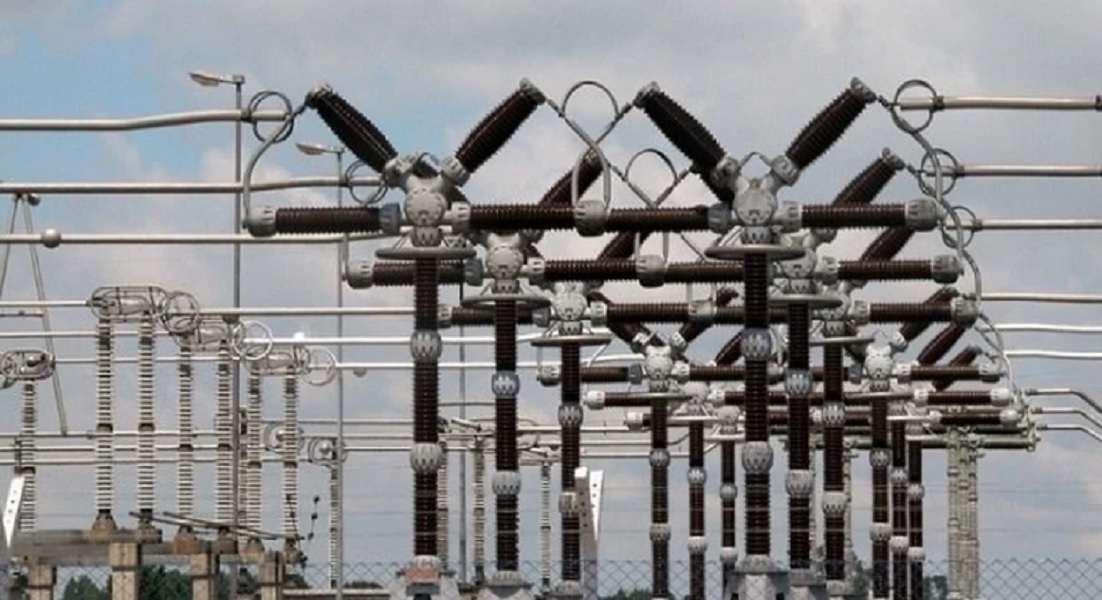West Africa, which has one of the poorest electrification systems in the world, would be receiving a $311 million grant from the World Bank to help solve this problem
The World Bank recently approved $311m to help fund the increase of grid-connected renewable energy capacity for West Africa in International Development Association financing.
Some of the beneficiaries of this electricity fund within the region includes; Chad, Liberia, Sierra Leone, and Togo.
The Regional Emergency Solar Power Intervention Project includes a $20m grant to help facilitate future regional power trade and strengthen the institutional and technical capacities of the West Africa Power Pool to undertake its regional mandate, according to the World Bank.
“The main objective of the RESPITE is to rapidly increase grid-connected renewable energy capacity and strengthen regional integration in the participating countries.” The World Bank relayed.
“It will finance the installation and operation of approximately 106 megawatts of solar photovoltaic with battery energy and storage systems, 41 megawatts expansion of hydroelectric capacity, and will support electricity distribution and transmission interventions across the four countries.” The Bank added.
This initiative takes into account the despondent state of the power generation in the sub-continent. The electricity issue plaguing West Africa is a combination of low power generation, high cost of electricity, high cost of energy fuel and poor electrical infrastructures.
All of these issues coupled with internal and external economic deterrents, make electrification a major challenge in the region.
According to Rhonda Jordan-Antoine, the World Bank Task Team Leader of the project, the $311 million project would fix the region’s electricity problems to a substantial degree. She stated; “Solutions supported by the new project are manyfold and have substantial benefits for the countries and the region.”
She also added; “It will also provide fiscal space for countries to address the food crisis resulting from the war in Ukraine, initiate the development of competitively tendered grid-connected clean energy to alleviate current power supply crisis, positively address climate change by helping countries to move away from expensive and polluting fuels and help synchronize the WAPP network to enhance regional integration in the energy sector.”
Source: PulseGhana

